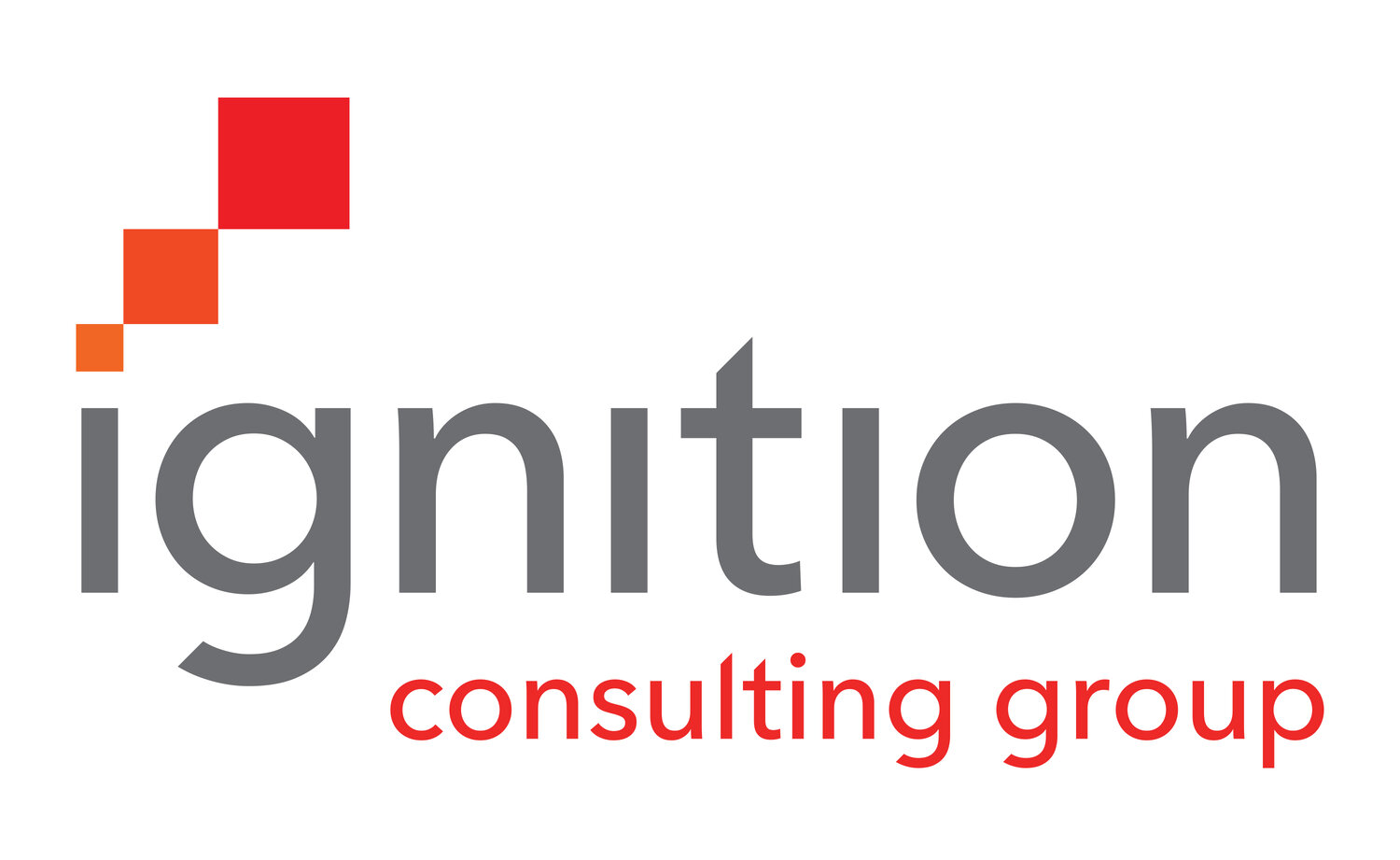Powered by Beliefs
By Tim Williams
Exceptionally talented professional firms are distinguished not by what they do, but what they believe. Their work is unique because their beliefs are unique. They create dissimilar solutions because they have a dissimilar mindset.
The idiom “I’ll believe it when I see it” is much more accurately framed as “I’ll see it when I believe it.” We only change our practices once we’ve first changed our paradigm. Thomas Kuhn, who studied the nature of scientific revolutions, defines a “paradigm” simply as a constellation of beliefs and values. In a business context, our paradigm about the business we’re in is the mental map that guides our daily decisions. So having the right paradigm — an accurate map — is essential to effectiveness. No amount of “hard work” will compensate for a faulty field guide.
You can’t observe your way to success
A theory, not a telescope, has likely discovered the existence in our solar system of a ninth planet beyond Pluto. In fact, telescopes haven’t really seen it yet, but a progressive group of astronomers are certain they will. In the ongoing development of everything from science to business, the theorists always lead the observers. The astronauts of the moon mission era risked their lives based on theories. After all, no one had ever observed a successful moon landing before.
Believers and theorists are the world’s risk takers, not only because they base their actions on a solid paradigm, but because they understand the nature of risk. “Nothing ventured, nothing gained” is as true in business as in science. If you and your firm want to create and capture more value, take more risk. Peter Drucker’s truism “All profits are derived from risk” explains why the most innovative firms are usually the most profitable. In a very real way, your firm’s beliefs predict its financial future.
Does your firm believe in innovation?
It’s one thing to profess belief in innovation, and quite another to actually invest (personally and organizationally) in developing and delivering it. Ask the following ten questions of your key client-facing colleagues and associates.
1. Despite what clients say about return on investment, the truth is that today’s clients value efficiency over effectiveness; they want efficient work more than they want effective work.
Strongly Disagree 1 2 3 4 5 6 7 8 9 10 Strongly Agree
2. One of our biggest barriers to better work is our structure. If we were organized differently, we would be more innovative and resourceful.
Strongly Disagree 1 2 3 4 5 6 7 8 9 10 Strongly Agree
3. Most clients aren’t all that interested in innovation and added value; they just want their work done on time and on budget.
Strongly Disagree 1 2 3 4 5 6 7 8 9 10 Strongly Agree
4. In today’s environment, we risk getting reprimanded or possibly fired by our clients if we defend our recommendations with a strong point of view.
Strongly Disagree 1 2 3 4 5 6 7 8 9 10 Strongly Agree
5. Our firm can’t devote the time to innovating our services and business model because we’re too busy with the daily crush of client demands.
Strongly Disagree 1 2 3 4 5 6 7 8 9 10 Strongly Agree
6. Because so many firms and services are alike, most clients today select and retain key business partners based primarily on price.
Strongly Disagree 1 2 3 4 5 6 7 8 9 10 Strongly Agree
7. Since budgets are predetermined and controlled by our clients, the only way our firm can make more money from current clients is to improve our efficiency.
Strongly Disagree 1 2 3 4 5 6 7 8 9 10 Strongly Agree
8. Because we’re in a service business, our most important job is to fulfill our clients’ requests.
Strongly Disagree 1 2 3 4 5 6 7 8 9 10 Strongly Agree
9. It’s appropriate for client organizations to have R&D budgets, but professional services firms like us should be spending on salaries and benefits, not experimentation.
Strongly Disagree 1 2 3 4 5 6 7 8 9 10 Strongly Agree
10. Progressive client companies can support a philosophy of “fail fast, fail often” but in a professional services business failure is almost always punished, not rewarded.
Strongly Disagree 1 2 3 4 5 6 7 8 9 10 Strongly Agree
The lower the firm’s average score the better, and the more likely you and your colleagues genuinely believe in the power of “think different” as celebrated in the famous Apple campaign.
Anomaly’s Jason DeLand once remarked “Your firm will never be able to innovate as long as you believe you sell hours.” In addition to the many other things that are wrong with the hourly rate system is the belief it creates in professional firms that we are “renting time” to our clients. This unhealthy paradigm is supported by the belief that we’re in the “service” business instead of the transformation business.
Believing we sell “time” and “service” points us only in the direction of fulfilling orders. You can be a waiter if you want, but there’s a much better future in being a chef.


